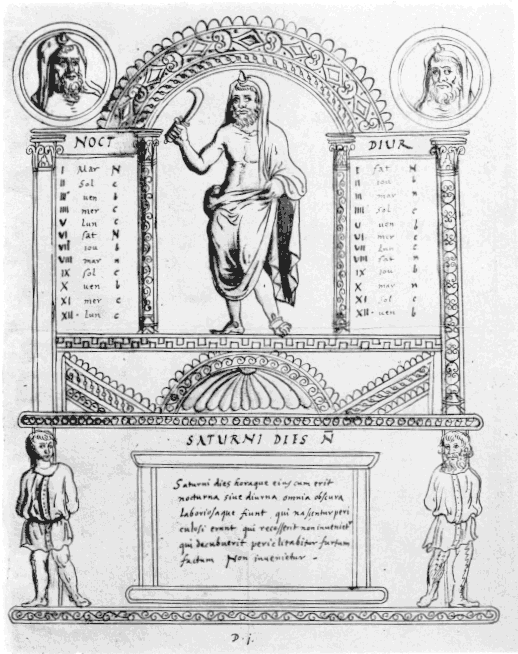
Aurelius Augustinus was born on 13 November 354 to the small-landowning Aurelii of Thagaste, an “obscure provincial city” in the uplands of Roman Numidia; and in the year of his birth the Christian emperor in Milan devised this new imperial epithet: “Eternity.” He died as Augustinus Hipponiensis, in the Vandal-besieged city of Hippo Regius —fronting the Numidian coast, not far from Thagaste—on 28 August 430.
As of this writing, then, Augustine is ‘long dead.’ And this expression, however banal, is suggestive, since Augustine asked when he was still living: “Where is the time we call ‘long’?” Or said differently: What is the condition of possibility of a Greek poet’s trope like “the long years of time” (τῷ πολλῷ χρόνῳ), or a hackneyed Latinism like “the space of time” (spatium
temporis)?
For Augustine in Confessions XI—as for Aristotle in the Categories and Physics, or Cicero in De Natura Deorum—the Greek χρόνος and Latin tempus signify, in the first instance, a space of time. Thus, to ask with Augustine, in Confessions XI, “What is time?” is also necessarily to ask this: What is time’s dimension or space?
In the Eighty-Three Questions, Augustine alludes to star-clocks that could subdivide hours into “sixty minutes” (sexaginta minutas), minutes into “seconds” (minutas minutarum). In Confessions XI, he then speculates that seconds could be subdivided into “hyper-minimal instants” (minutissimas momentorum). Only such a ‘microsecond,’ only a “hyper-minimal point of time” is ever present.
This is why Augustine asks in Confessions XI, ‘Where is the time we call long?’ He responds, “in the soul.” And what is the space of time? In the last pages of Confessions XI, Augustine suggests that it is “some dilation” (quandam . . . distentionem), and apparently, “a dilation . . . of the soul-itself” (distentionem . . . ipsius animi).
David van Dusen. The Space of Time: A Sensualist Interpretation of Time in Augustine, Confessions X to XII. Leiden: Brill, 2014. (pp 1-4)